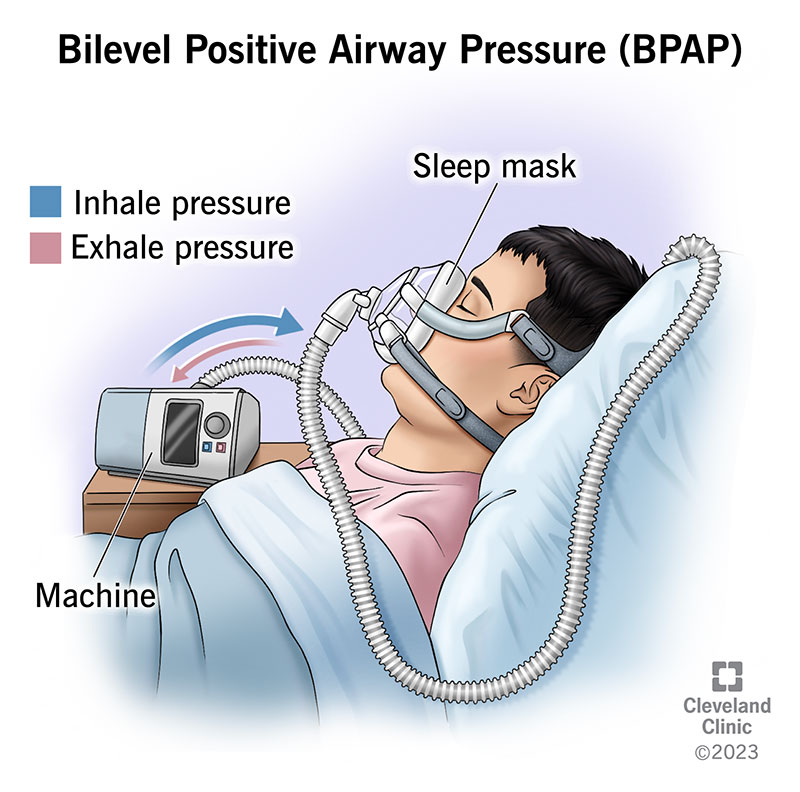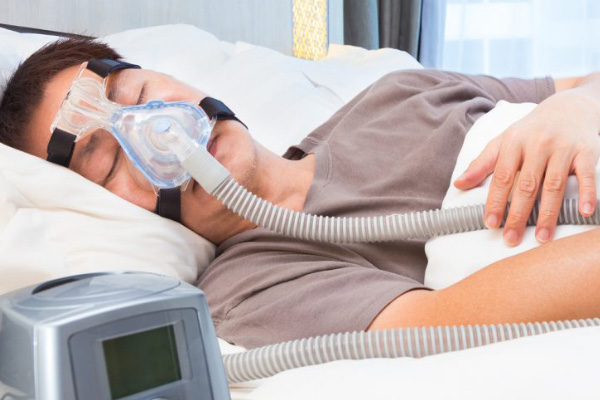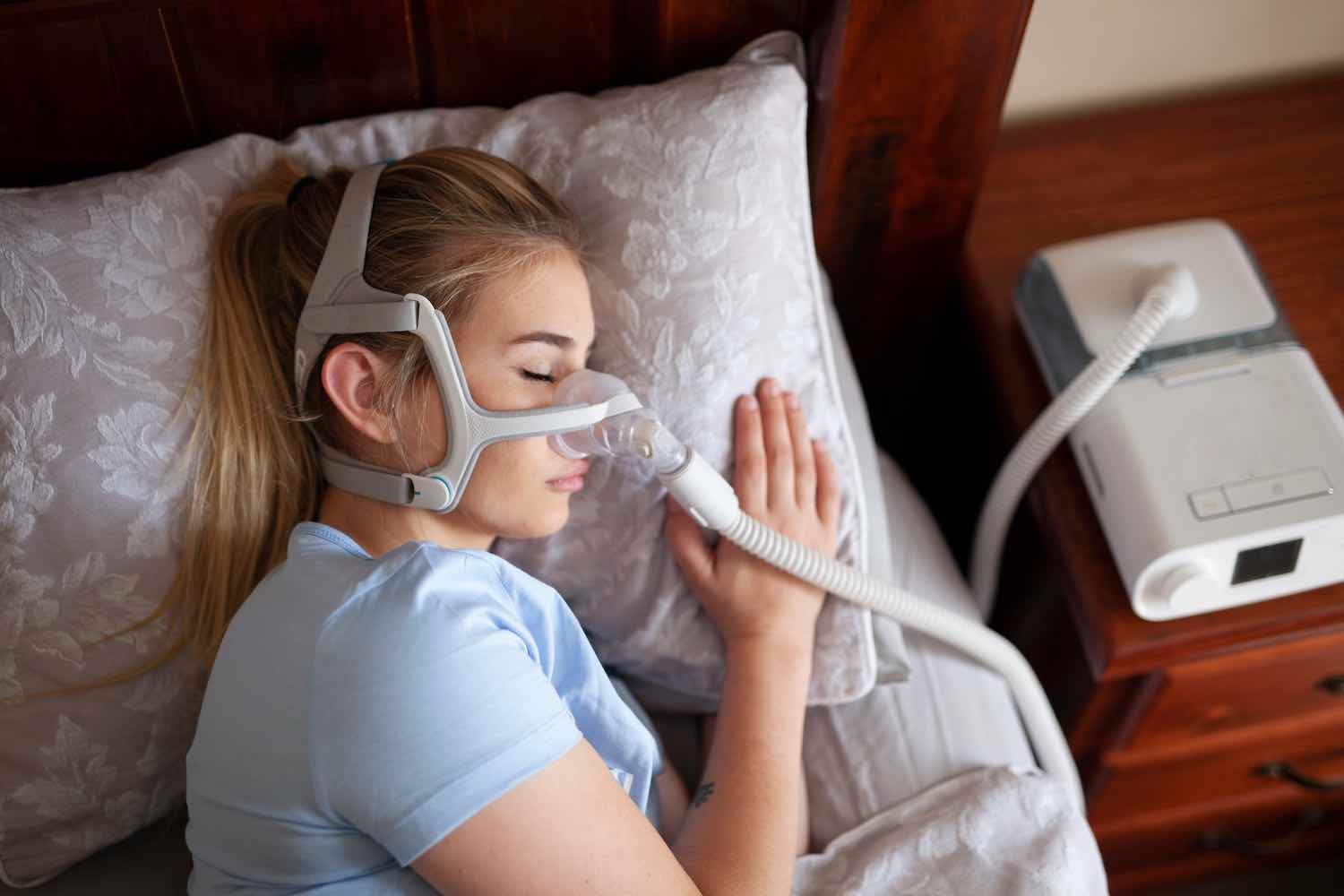Selecting the Right BiPAP Rental Plan for Your Requirements
Selecting the Right BiPAP Rental Plan for Your Requirements
Blog Article
Bipap vs. CPAP: Which Is the very best for Your Sleep Problem?
When navigating the intricacies of rest problems, the choice between BiPAP and CPAP treatment is an essential factor to consider. Each method offers special benefits tailored to certain problems, yet the decision hinges on specific patient demands and comfort levels. While CPAP offers a steady air movement appropriate for obstructive rest apnea, BiPAP's dual pressure setups might enhance convenience for those with more detailed respiratory concerns. Comprehending these distinctions can considerably affect treatment efficiency, leaving one to contemplate which option truly aligns with their health needs and way of life.
Understanding Rest Disorders
Rest problems encompass an array of conditions that interrupt regular sleep patterns, impacting both the quality and duration of remainder. These disorders can materialize in various types, including insomnia, sleep apnea, narcolepsy, restless leg syndrome, and parasomnias. Each problem presents one-of-a-kind difficulties, usually causing substantial daytime tiredness, cognitive disability, and psychological disturbances.
Sleep problems is characterized by difficulty dropping or staying asleep, while rest apnea involves duplicated disruptions in breathing throughout sleep, typically causing fragmented remainder. Narcolepsy, on the various other hand, is noted by extreme daytime drowsiness and sudden rest assaults. Agitated leg disorder causes uneasy feelings in the legs, triggering an uncontrollable urge to relocate them, which can additionally impede the capability to drop off to sleep.
The impact of sleep problems prolongs past specific wellness, influencing overall productivity, partnerships, and lifestyle. Recognizing the particular nature of each condition is critical for reliable diagnosis and therapy. As sleep wellness becomes significantly identified as an important part of general well-being, addressing these disorders is crucial for improving both sleep top quality and everyday functioning.
Exactly How CPAP Functions
Constant Favorable Airway Stress (CPAP) therapy is regularly employed as a main treatment for obstructive sleep apnea (OSA) The device of CPAP includes the usage of a device that provides a steady stream of air through a mask put on during sleep. This air movement preserves positive pressure in the airway, preventing the collapse or blockage of the throat that can occur during sleep.
When a patient takes a breath in, the CPAP machine gives a constant flow of air, guaranteeing that the air passage remains open - BiPAP Rental. This not only alleviates the symptoms of OSA, such as snoring and interfered with sleep patterns, however likewise reduces the associated wellness risks, including cardio difficulties and daytime fatigue
The pressure settings on a CPAP maker can be customized to fulfill specific client needs, frequently determined via a rest research study. Individuals normally undergo titration research studies to discover the optimal pressure level for their special problem. Normal follow-up and modifications might be required to guarantee efficiency and comfort. Generally, CPAP treatment has actually been shown to significantly boost the top quality of sleep and overall health and wellness for people struggling with obstructive rest apnea.
Exactly How BiPAP Works
BiPAP, or Bilevel Favorable Airway Stress, is a specialized type of non-invasive air flow that is particularly helpful for patients with conditions such as intricate sleep apnea or respiratory system disorders. Unlike CPAP, which provides a constant stream of air at a single stress, BiPAP provides 2 distinct stress setups: a higher inspiratory pressure for inhalation and a reduced expiratory pressure for exhalation. This dual-pressure technique enables easier breathing, minimizing the initiative needed during exhalation.
The tool operates with a mask fitted over the nose or mouth, connected to a machine that creates air pressure. When the person breathes in, the equipment delivers the greater stress to help with airflow, guaranteeing that the air passage continues to be open. Upon exhalation, the equipment automatically minimizes the stress, making it extra comfortable for the individual to take a breath out.

Key Distinctions In Between BiPAP and CPAP

In comparison, BiPAP (Bilevel Favorable Respiratory tract Stress) provides 2 various pressure setups: one for inhalation and a reduced one for exhalation. This twin stress system permits more comfortable breathing, specifically for clients who battle with exhaling against a constant stress. BiPAP is frequently advised for individuals with intricate sleep apnea, chronic obstructive pulmonary illness (COPD), or those who call for added support during sleep.
Moreover, the intricacy of BiPAP tools normally causes a higher price and needs much more careful titration than CPAP. BiPAP Rental. Comprehending these vital differences can aid in recognizing which gadget might be extra ideal for particular rest problems, setting the groundwork for educated treatment decisions
Choosing the Right Therapy
Exactly how can one identify the most ideal treatment for handling rest conditions? The decision between BiPAP and CPAP therapy primarily depends upon the particular characteristics of the sleep problem, the individual's general wellness, and their comfort with the tool. CPAP, which supplies a continuous stream of air, is frequently recommended for obstructive sleep apnea (OSA) It keeps an open respiratory tract during sleep, effectively stopping apneas and hypopneas.
Alternatively, BiPAP provides two degrees of stress: one for breathing and a reduced one for exhalation. This twin pressure system is beneficial for clients with intricate rest apnea or those who experience trouble breathing out against a constant pressure. Additionally, BiPAP is often recommended for people with respiratory conditions, such as chronic obstructive lung disease (COPD), where differing stress settings can improve convenience and conformity.
Ultimately, a thorough analysis by a rest professional, including a sleep research study, can aid determine which therapy aligns ideal with the person's needs. Variables such as comfort, convenience of usage, and particular clinical problems ought to also be thought about to enhance treatment end click for source results.
Verdict
In recap, both BiPAP and CPAP offer distinctive purposes in the monitoring of sleep conditions. CPAP works for obstructive rest apnea through regular air movement, while BiPAP uses double stress settings that improve comfort for those with intricate sleep apnea or respiratory issues. The option between these therapies should be directed by specific demands and problems, necessitating a detailed assessment by a rest professional to guarantee optimum therapy end results and improved quality of sleep.

On the whole, CPAP therapy has been revealed to considerably boost the quality of rest and overall health for people enduring from obstructive rest apnea.
BiPAP is often advised for patients with complicated sleep apnea, chronic obstructive pulmonary disease (COPD), or those who need extra support throughout rest.
CPAP is effective for obstructive sleep apnea learn this here now through regular air flow, while BiPAP offers twin stress setups that enhance convenience for those with complex rest apnea or respiratory system issues.
Report this page